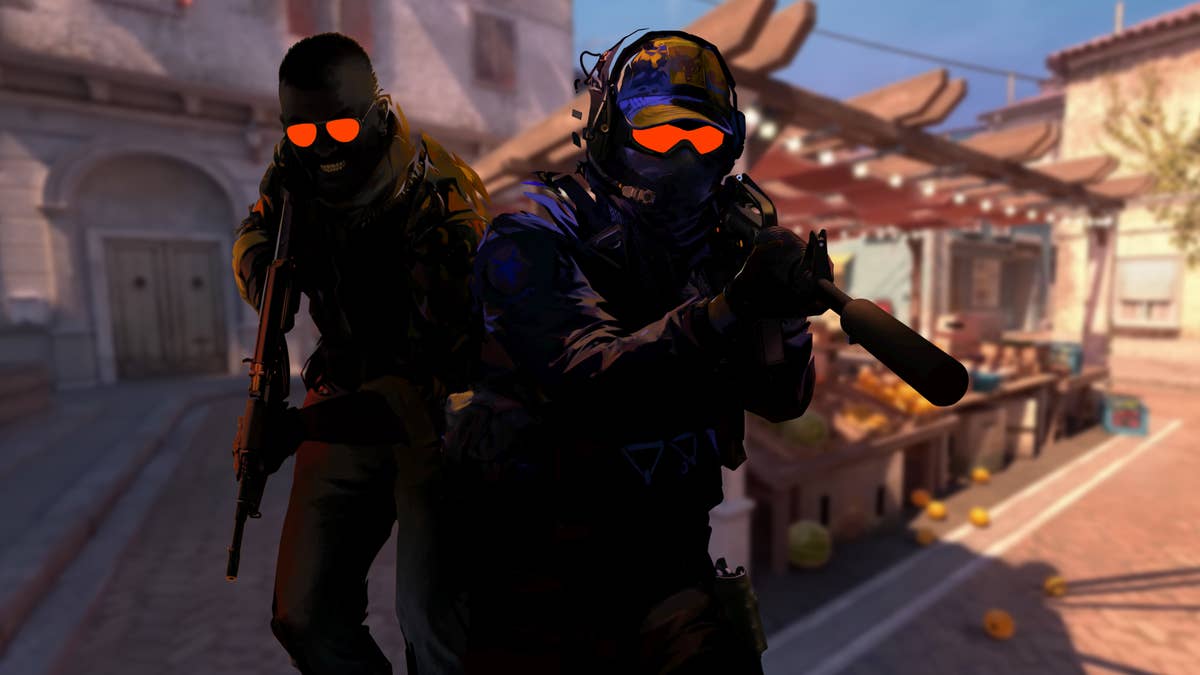Uncovering Secrets: Hookup Detectives
Explore the world of modern relationships and dating with insights from our hookup detectives.
Tactical Pauses in CS2: Because Sometimes the Best Move is to Chill
Master the art of Tactical Pauses in CS2! Discover why taking a breather can be your secret weapon for victory. Uncover winning strategies now!
Understanding the Importance of Tactical Pauses in CS2
In Counter-Strike 2 (CS2), the concept of tactical pauses plays a pivotal role in enhancing gameplay and team performance. These breaks, strategically employed during intense moments, allow players to regroup, reassess strategies, and formulate a plan for the upcoming rounds. Additionally, taking a tactical pause can provide a mental reset for players, helping to alleviate stress or frustration accumulated during high-pressure situations. Effective communication during these pauses ensures that all team members are on the same page, setting the foundation for a more cohesive gameplay style.
Moreover, understanding the importance of tactical pauses is not only about improving immediate gameplay but also about fostering a positive team environment. Teams that utilize tactical pauses effectively often demonstrate stronger synergy and better morale, as they show a commitment to collaboration and mutual support. To maximize the benefits of these pauses, it’s essential to practice clear communication protocols and to prioritize discussing not just strategies, but also player performance and mental states. By incorporating tactical pauses into regular practice sessions, teams can develop a culture of adaptability and resilience, essential qualities for succeeding in the competitive landscape of CS2.

Counter-Strike is a highly competitive first-person shooter that has captivated gamers around the world. Players can engage in thrilling battles using various weapons, including the powerful awp gungnir, known for its one-shot kill capability. The game's blend of strategy, teamwork, and skill makes it a staple in the esports community.
When to Take a Tactical Pause: Key Moments to Consider
In the fast-paced world of decision-making, knowing when to take a tactical pause can significantly impact outcomes. Key moments include instances where emotions run high, such as during critical negotiations or while facing unexpected obstacles. Here, a brief pause allows for reflection, enabling individuals to regroup and make more informed choices. Additionally, if you notice your team is overwhelmed or fatigued, it's essential to consider a tactical pause to prevent burnout and ensure sustained productivity.
Another critical moment to contemplate a tactical pause is when faced with complex problems that demand creative solutions. Instead of diving headfirst into action, take a step back to analyze the situation thoroughly. This strategy not only fosters innovative thinking but also allows for collaboration and input from team members, leading to a well-rounded approach. Remember, implementing a tactical pause is not a sign of weakness; rather, it is a strategic move to enhance effectiveness and ensure that every decision made is thoughtful and deliberate.
How Tactical Pauses Can Shift the Momentum of a Match
Tactical pauses can serve as a vital turning point in competitive matches, allowing teams to regroup and reassess their strategies. During these significant moments, coaches have the opportunity to communicate essential adjustments that may not have been considered during the heat of the competition. For instance, when a team is struggling to maintain their lead or is facing a surge of momentum from their opponents, taking a tactical pause allows players to refocus and regain composure. This strategic interruption can disrupt the rhythm of the opposing team and create a window for the pausing team to implement a more effective game plan.
Moreover, tactical pauses can improve team coherence and boost morale, providing players with the chance to reconnect with their roles and responsibilities. A well-timed pause enables teams to address any miscommunication or tactical errors that may have arisen during the match. As a result, players can return to the field with increased confidence and clarity. Coaches often utilize this time to remind players of their strengths and to encourage a positive mindset, which is crucial after facing setbacks. Implementing tactical pauses not only shifts the momentum of a match but also reinforces the team’s resilience and unity.